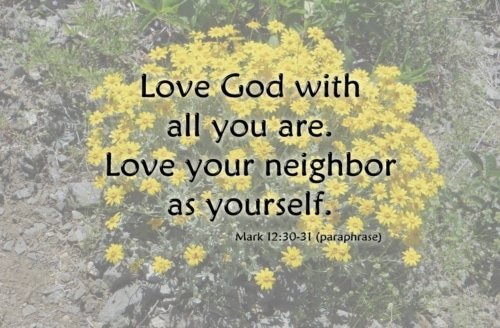

For on the one hand, a former commandment is set aside because of its weakness and uselessness (for the law made nothing perfect); but on the other hand, a better hope is introduced, through which we draw near to God.
This chapter of Hebrews opens with a discussion of Melchizedek, a mysterious figure described in Genesis 14:18-20 as a priest of God Most High and the King of Salem. Melchizedek blessed Abraham, who, in turn, offered Melchizedek a tithe of the spoils of a recent battle (Heb. 7:1-3).
The author of Hebrews saw Melchizedek as a model of a priesthood superior to the Levitical priesthood mandated by the law (Heb. 7:4-10). And then went on to declare Jesus as a priest after the order of Melchizedek (Heb. 7:15-17). But, for Jesus to become a priest, that portion of the law that defined the priesthood as belonging to the descendants of Aaron had to be set aside (Heb. 7:12).
Under the Levitical priesthood, the priests served as mediators between the people and God, offering sacrifices for the sins of the people, as well as their own. But those sacrifices, which had to be offered repeatedly, never really took away sins (Heb. 10:11).
A Superior Priesthood
So when a superior priesthood was introduced, one that offered a superior sacrifice that could take away sins, it was only fitting that the old priesthood, and the sacrifices they offered, would be set aside. Hebrews describes the old priesthood as weak and useless because it could not make anything perfect. But, in contrast, Jesus’ priesthood (a better hope) allows us to draw near to God.
To draw near to God is to come into his presence. Under the Levitical priesthood, that was limited to the priests. And even for them, it was extremely limited. But now, with Jesus as our high priest, we have been cleansed of our sins once and for all. And we can draw near to God, to come into his presence as sons and daughters. This is a better hope than was available under the law.
Related Posts
The post A Better Hope Is Introduced – Hebrews 7:18-19 appeared first on A Clay Jar.


